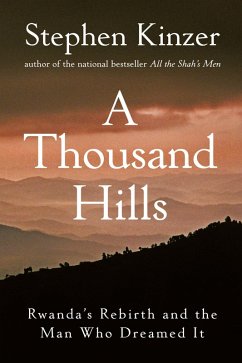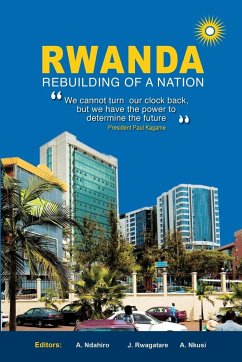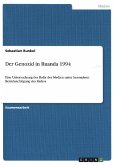A Thousand Hills: Rwanda's Rebirth and the Man Who Dreamed It is the story of Paul Kagame, a refugee who, after a generation of exile, found his way home. Learn about President Kagame, who strives to make Rwanda the first middle-income country in Africa, in a single generation. In this adventurous tale, learn about Kagame's early fascination with Che Guevara and James Bond, his years as an intelligence agent, his training in Cuba and the United States, the way he built his secret rebel army, his bloody rebellion, and his outsized ambitions for Rwanda.
Hinweis: Dieser Artikel kann nur an eine deutsche Lieferadresse ausgeliefert werden.
Hinweis: Dieser Artikel kann nur an eine deutsche Lieferadresse ausgeliefert werden.









